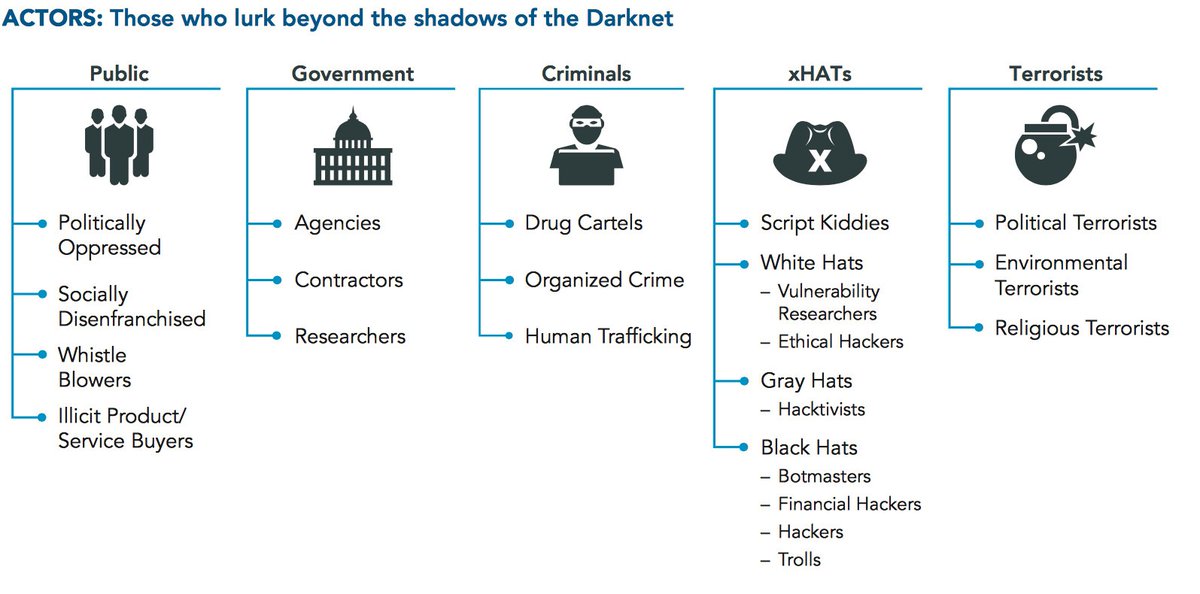Beginning with Restrictions to Rewards: The Diverse Products of Underweb Platforms
This dark web has for a long time been a topic of interest and worry, grabbing the attention of both law enforcement and inquisitive individuals alike. Concealed beneath the surface of the internet, the darknet operates as a murky marketplace where a variety of goods and services can be found, often outside of the reach of traditional regulations. While it is often associated with illegal activities, the reality of dark web markets is much complex, revealing a spectrum that ranges from prohibited substances to legitimate offerings.
In the last years, these digital marketplaces have evolved, reflecting changes in technology, user needs, and societal attitudes. Some markets have been shut down in high-stakes operations, while others have appeared, adjusting to an ever-evolving landscape. The following article delves into the varied offerings of dark web markets, examining how they function, what is available, and the implications of their existence for both buyers and society at whole.
Understanding Dark Web Markets
Darknet marketplaces are online platforms that function on the dark web, allowing users to buy and trade a variety of goods and services, often anonymously. These markets can vary from legitimate items, such as digital products and privacy-enhancing tools, to illegal offerings, including drugs, weapons, and stolen data. The concealment provided by the darknet is a critical factor in the functioning of these markets, as it protects users from law enforcement and potential repercussions.
Entering dark web markets typically requires specific software, such as Tor, which conceals the user's IP address and scrambles internet traffic. This creates a level of privacy that attracts a varied user base, made up not only of buyers and sellers but also of those looking for information or participating in discussions about privacy and security. nexus darknet market The unique ecosystem within these platforms often includes user reviews and feedback systems to build trust among participants, despite the inherent risks involved.
The proliferation of dark web markets has prompted both interest and concern from multiple sectors, including law enforcement and cybersecurity experts. While these markets can facilitate illicit activities, they also bring up questions about digital privacy, the ethics of online trading, and the effectiveness of existing regulations. As dark web markets continue to evolve, they present a challenging landscape that mirrors broader societal trends towards anonymity in digital communication and commerce.
Types of Goods and Services
Dark web markets are known for their varied range of goods and services that cater to a variety of preferences and requirements. One of the most notorious categories includes prohibited drugs. Users can find all sorts from cannabis to synthetic opioids, with vendors offering various strains, amounts, and purity levels. The anonymity of the dark web allows users to browse options without the concern of criminal charges, creating a special ecosystem for buyers and sellers alike.

In alongside narcotics, dark web platforms also provide access to counterfeit items. This can range from fake identification documents to replicated credit cards and high-end products. Vendors often take meticulous effort in creating convincing replicas, and buyers often seek these products for various reasons, including evading law enforcement or taking part in fraudulent activities. The proliferation of these goods highlights the dangers associated with involving oneself in dark web transactions.
Another important offering on dark web markets is hacking services and digital tools. This includes everything from phishing tools and malware to complete hacking services aimed at infiltrating networks and taking sensitive information. These services attract people or collectives with harmful goals, tapping into a increasing demand for digital crime activities. The dark web has practically become a forum for those looking to take advantage of vulnerabilities in online safety, reflecting the evolving landscape of crime in the contemporary world.
Legal Consequences and Risks
Engaging with unauthorized web platforms presents serious legal implications, often differing by region. Numerous activities associated with these markets, such as buying illegal drugs, firearms, and illicitly obtained information, are criminal offenses. Law enforcement authorities have developed complex methods to track participants and suppliers, which can cause detentions and legal actions. Participants may naively believe their secrecy protects them, but the fact is that multiple cases show individuals being caught for their online activities.
Additionally, the risks involved extend beyond legal prosecution. Participants face potential fraud and fraud, as the dark web does not have the comparable consumer protections as conventional markets. Consumers can misplace funds on fake goods or be unable to get items altogether. Furthermore, conducting deals on these sites can also subject users to threatening groups that may turn to coercion, violence, or blackmail if they perceive a consumer as susceptible.
Finally, there are broader community effects of dark web markets that cannot be disregarded. Their operation supports illegal markets and undermines lawful businesses. The circulation of forbidden items and services can lead to increased criminal activity, substance abuse, and community harm. Both participants and the general public must recognize the far-reaching impacts of engaging with these hidden platforms, as they are complicit in sustaining a pattern of criminal actions and its consequential risks.